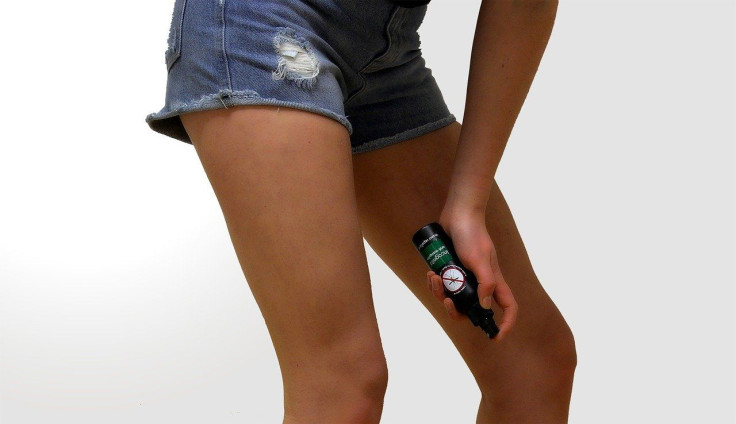First EPA-approved Insect Repellent That Smells Like Grapefruit Kills Mosquitoes And Ticks
KEY POINTS
- The CDC stated there's a growing threat of mosquito and tick-borne diseases
- A new repellent that smells like grapefruit effectively eliminates these insects
- It is the first one approved by EPA in 11 years and will soon be publicly available in 2022
The Environmental Protection Agency (EPA) gives its nod to manufacturers developing insect repellents that count grapefruit among its ingredients.
People will soon see a new kind of insect repellent on shelves of drugstores, one that may surprise many. While there are repellents that emit a pleasant smell, many of these substances do not smell that well. With the addition of a new ingredient called nootkatone, people can now opt to buy a new insect repellent with the sweet smell of grapefruit.
The EPA announced its approval of the new pleasant-smelling ingredient that repels and terminates mosquitoes and ticks Monday. Researchers from the Centers for Disease Control and Prevention and biotech company Evolva discovered the naturally occurring element, which gives off the scent of grapefruit. They subsequently developed it into an insecticide.

The federal agency revealed that nootkatone is safe for use and is also effective in fending off insects. This pronouncement provided the green light for manufacturers to start using nootkatone in developing new products for humans and pets.
In a statement, the EPA also said some studies show products with nootkatone can repel and eliminate mosquitoes, ticks, and a broad variety of other biting insects. Diseases carried by these pests include the Zika virus, Lyme disease, and malaria.
The EPA's approval of this new chemical was the first given by the federal agency after 11 years. Researchers say its entry in the market can help common insect repellants that may have lost its efficacy due to the resistance developed by some insects.
Its approval came at a time when the threat of tick and mosquito-borne diseases is rapidly increasing. The CDC has stated previously that the number of cases of such diseases nearly doubled compared to the years 2004 to 2016.
"I think nootkatone is a major contribution to our arsenal of repellents," said Dr. Brian Fallon, Lyme and Tick-Borne Diseases Research Center director at the Columbia University in NYC.
The EPA stated that interested manufacturers who wish to develop products with the new ingredient must first submit their products' formulas for the federal agency's review. After the review and inspection process of the agency and upon its approval, manufacturers can start making the new repellent which is projected to be available to the public beginning 2022.
© Copyright IBTimes 2024. All rights reserved.





















